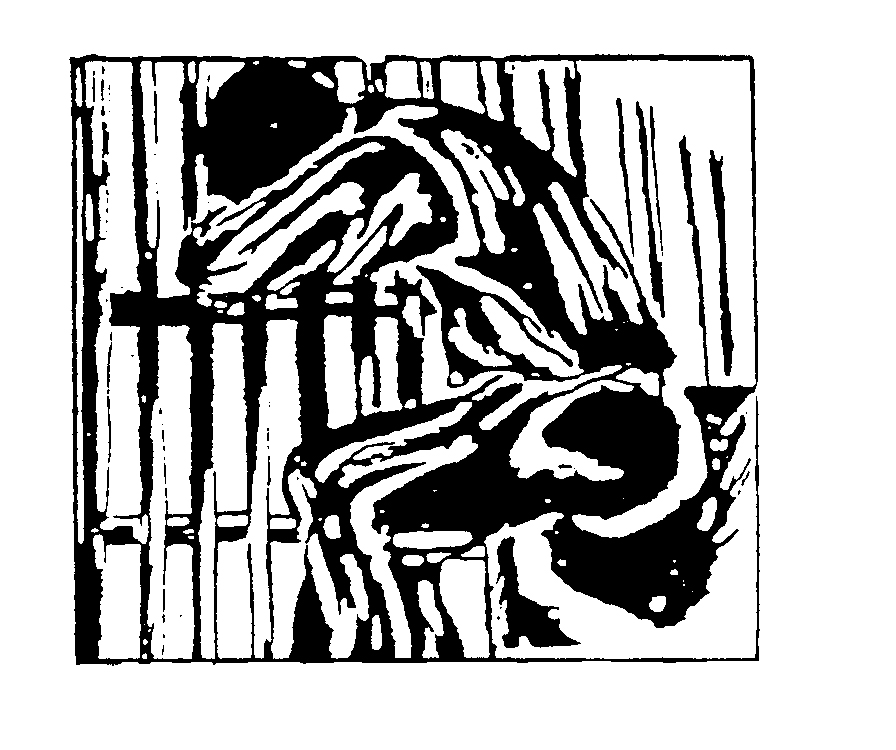reviewed by Vern Ratzlaff
The last few decades have brought about major changes in our lives. Globalization has reshaped virtually all of our communities in terms of ethnicity, culture and religion. The sexual revolution has radically altered how our world sees love; political and religious extremism polarize our communities. This sets before us a whole range of new challenges in terms of how we understand life, love, sexuality, family, country, religion, faith and G-d. Rolheiser’s book helps in a search for not only meaning and faith but a greater steadiness in life. ‘Steadiness is the key word. Real faith is not a set of answers; rather, it leaves us in mystery, in longing, in desire, but open to something bigger…. Our deepest desire is a gnawing disquiet inside us, a longing for Someone big enough to embrace our questions and hold our doubts’ (p 16).
Embracing our questions, struggling with our own complexity, is a continuation of the Socratic claim that ‘the unanswered life is not worth living’, and so Rolheiser outlines our wrestling with seven areas of life (eg our nature, our eroticism, our fear, our mandate to reach out to the poor, G-d, Faith and culture. The final chapter suggests guidelines ‘for the long haul’. Trim our spiritual vocabularies to three words: forgiveness, forgiveness, forgiveness! Religious and moral fidelity, when not rooted in gratitude and forgiveness, are not enough. Metanoia is the large-hearted reminder to never close the doors to others. Taking away the sins of our community, by transforming tension. Praying—being aware of the Spirit praying in us and for us. Remember that we are safe through G-d, even in death. Choose the regrets we can live with best.
Read more ›
 invited me to go along, of course. They were the first responders, not me. They had retractable batons, pepper spray, and handcuffs; they could stop the flow of blood or patch a gash of flesh. But me? I was useless. “Non-essential staff.”
invited me to go along, of course. They were the first responders, not me. They had retractable batons, pepper spray, and handcuffs; they could stop the flow of blood or patch a gash of flesh. But me? I was useless. “Non-essential staff.”

